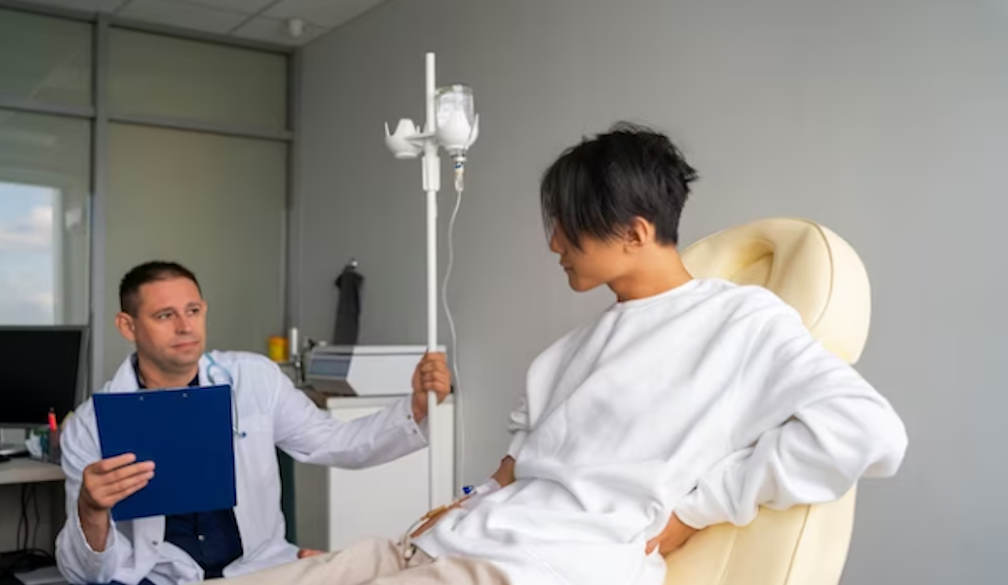Understanding the Role of Skin Cancer Clinics in Early Detection and Treatment

In our pursuit of the perfect tan, it's easy to forget that our skin is our body's largest organ and needs protection from the sun's harmful rays. Skin cancer, a condition often underestimated, is on the rise, making it crucial for individuals to prioritize regular check-ups at specialized skin cancer clinics. In this article, we'll delve into the importance of these clinics, their role in prevention and early detection, and what to expect during a visit.
Understanding the Rising Threat
Skin cancer has become a pervasive concern in recent years, with increasing cases reported globally, highlighting the importance of consulting a skin cancer dermatologist for early detection and treatment. Exposure to ultraviolet (UV) radiation from the sun is the primary culprit behind the surge in skin cancer diagnoses. While some may think of skin cancer as a cosmetic issue, the reality is that it can lead to severe health complications if left untreated.
The Role of Skin Cancer Clinics
Skin cancer clinics play a pivotal role in combating this silent threat. These specialized facilities are equipped with dermatologists and state-of-the-art technology to detect and treat various types of skin cancers. Unlike a general practitioner, dermatologists at the skin cancer clinic in Melbourne possess specialized knowledge in dermatology, ensuring a thorough examination of your skin.
Prevention through Regular Check-ups
Prevention is the first line of defense against skin cancer, and regular check-ups at a skin cancer clinic are key to achieving this. Dermatologists recommend annual screenings for individuals with a history of excessive sun exposure, a family history of skin cancer, or those with fair skin, which is more susceptible to UV damage.
During a typical check-up, dermatologists examine your skin for any suspicious moles, growths, or discolorations. They may use a dermatoscope, a handheld device that provides a magnified view of the skin, aiding in the identification of abnormal features. Early detection significantly increases the chances of successful treatment, underscoring the importance of these routine screenings.
What to Expect During a Visit
Visiting a skin cancer clinic may seem daunting, especially if it's your first time. However, understanding what to expect can help alleviate any apprehensions.
Consultation: The visit typically begins with a consultation, where you discuss your medical history, any concerns you may have, and your overall skin health. This information helps the dermatologist tailor their examination to your specific needs.
Examination: The dermatologist will then conduct a thorough examination of your skin, checking for any abnormalities. You may be asked to change into a gown to facilitate a comprehensive evaluation of your entire body, including areas not typically exposed to the sun.
Dermatoscopy: Dermatoscopy, or dermoscopy, is a non-invasive technique where a dermatoscope is used to examine the skin's surface. This tool allows the dermatologist to visualize structures beneath the skin that are not visible to the naked eye, aiding in the identification of potential issues.
Biopsy (if necessary): If the dermatologist identifies a suspicious lesion or mole, they may recommend a biopsy. This involves the removal of a small sample of tissue for laboratory analysis. While the idea of a biopsy may sound intimidating, it is a standard procedure that helps determine whether the abnormality is cancerous.
Follow-up: Depending on the findings, your dermatologist will discuss the results with you and develop an appropriate plan of action. In cases where skin cancer is diagnosed, early-stage treatment options are generally more effective.
Conclusion
In the battle against skin cancer, knowledge and proactive measures are our strongest weapons. Skin cancer clinics offer a vital line of defense, providing individuals with the means to prevent, detect, and address this growing health concern. By prioritizing regular check-ups at these specialized facilities, we not only protect our skin but also invest in our long-term well-being. Remember, when it comes to skin health, an ounce of prevention is truly worth a pound of cure.





